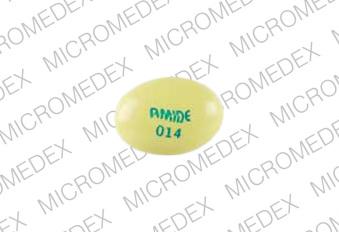Dexchlorpheniramine Interactions
There are 263 drugs known to interact with dexchlorpheniramine, along with 4 disease interactions, and 1 alcohol/food interaction. Of the total drug interactions, 9 are major, 252 are moderate, and 2 are minor.
- View all 263 medications that may interact with dexchlorpheniramine
- View dexchlorpheniramine alcohol/food interactions (1)
- View dexchlorpheniramine disease interactions (4)
Most frequently checked interactions
View interaction reports for dexchlorpheniramine and the medicines listed below.
- Acetylsalicylic Acid (aspirin)
- Activated Charcoal (charcoal)
- Adrenalin (epinephrine)
- Aerius (desloratadine)
- Alcohol (contained in alcoholic beverages) (ethanol)
- Amoxil (amoxicillin)
- Anti-D (RHO) Immunoglobulin (rho (d) immune globulin)
- Augmentin (amoxicillin / clavulanate)
- B Complex 100 (multivitamin)
- Calcium 600 D (calcium / vitamin d)
- Celestone (betamethasone)
- Chloromycetin (chloramphenicol)
- Concerta (methylphenidate)
- Cymbalta (duloxetine)
- Digox (digoxin)
- Ginkgo Biloba (ginkgo)
- Hydrocortone (hydrocortisone)
- Iron Sulfate (ferrous sulfate)
- Metoprolol Tartrate (metoprolol)
- Paracetamol (acetaminophen)
- Penicillin G Procaine (procaine penicillin)
- Valproate Sodium (valproic acid)
- Vitamin B Complex 100 (multivitamin)
- Vitamin B1 (thiamine)
- Vitamin B12 (cyanocobalamin)
- Vitamin B6 (pyridoxine)
- Vitamin C (ascorbic acid)
- Vitamin D3 (cholecalciferol)
- Vitamin K1 (phytonadione)
- Zinc (zinc sulfate)
Dexchlorpheniramine alcohol/food interactions
There is 1 alcohol/food interaction with dexchlorpheniramine.
Dexchlorpheniramine disease interactions
There are 4 disease interactions with dexchlorpheniramine which include:
More about dexchlorpheniramine
- dexchlorpheniramine consumer information
- Compare alternatives
- Reviews (7)
- Drug images
- Side effects
- Dosage information
- During pregnancy
- Drug class: antihistamines
- Breastfeeding
- En español
Related treatment guides
Drug Interaction Classification
| Highly clinically significant. Avoid combinations; the risk of the interaction outweighs the benefit. | |
| Moderately clinically significant. Usually avoid combinations; use it only under special circumstances. | |
| Minimally clinically significant. Minimize risk; assess risk and consider an alternative drug, take steps to circumvent the interaction risk and/or institute a monitoring plan. | |
| No interaction information available. |
See also:
Further information
Always consult your healthcare provider to ensure the information displayed on this page applies to your personal circumstances.


